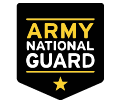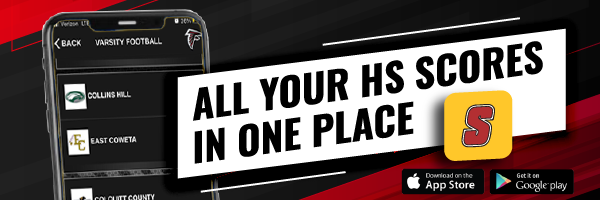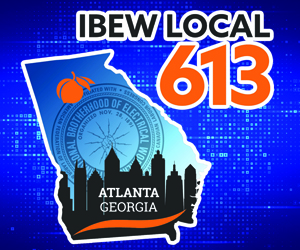Roy Williams once said, “Recruiting is like shaving. If you take a day off people will notice.” Williams, however, is head coach of the National Champion North Carolina Tar Heels, a program that virtually recruits for him.
In this day and age, recruiting is more important than shaving, it is right up there with breathing. If you don’t do it, you and your program will die. Top high school recruits are now having their games televised, shoe companies are salivating over them, and magazines across the country put their faces on covers to build the hype.
Blue-chippers like Derrick Favors, John Wall, and Lance Stephenson get all the face time and are offered scholarships from every school across the fifty states.
But one may ask what takes place on the other side of the recruiting game? Do smaller Division II colleges and universities face the same challenges as a North Carolina or Kansas?
Clark Atlanta University and Morehouse College are a part of the Atlanta University Center that is tucked away in the West End of Atlanta. The two HBCU’s (historically black colleges and universities) are both full of school pride and tradition, and are literally next door to each other (they even share a library). But aside from the fierce rivalry that the two schools share—somewhere right behind Michigan/Ohio State and Duke/Carolina—both institutions of higher learning put more emphasis on academics rather than athletics. However, the will to win and be successful on the playing field burns just as deep as that of their Division I counterparts.
UNIQUE CHALLENGES
When Roy Williams steps into a household and tries to convince a young man that he should play at his alma mater, it’s the very same scenario that happens for Grady Brewer. Brewer is the head coach at Morehouse, and while he may have to work harder at recruiting than Williams does, he does it for another reason
“It’s my school, I love it,” said Brewer. “I love what Morehouse stands for, it’s not all about basketball. It’s about developing young leaders and men because we need strong African-American males in our society”.
Brewer suited up for the Maroon Tigers from 1976-1980, but it wasn’t until the year 2000 that he was given the reigns to the Morehouse Basketball program. Since his collegiate coaching career which started in 1987, Brewer has had to the deal with the hurdles of recruiting on the Division II level. But it is especially difficult when you want to win the right way.
“It’s a balancing act, you have to get guys that can stay in school,” Brewer said. “Nobody is going to remember the score four years ago so you have to get guys that can learn in the classroom. But then again, you want to get the best athlete.”
When the NBA instituted an age rule in 2006, everybody knew that it would affect college basketball, but nobody realized that it would give Division II coaches an added obstacle.
“With the kids going to the NBA early now it makes it difficult to get the better athlete at the Division II level,” Brewer said. “Guys that were once coming to us maybe six or seven years ago aren’t coming anymore, and it pushed everything up with everybody going to the NBA and only staying in college for one year. Everyone now wants to play Division I basketball. They want to be on TV and they want to compete against better schools, but you can’t do that in Division II.”
So since David Stern has changed the rules of the recruiting game for coaches like Grady Brewer, it is up to them to develop a new way of thinking when it comes to going after a student-athlete.
“I have to recruit a kid that wants to be a Morehouse Man, someone who understands the tradition,” he said. “It’s a whole different ballgame for us, but we are going to have success with it.”
THE FUTURE
The success that Brewer speaks about seems to be picking up speed. Over the past couple of seasons ESPNU has made a considerable effort to televise HBCU basketball games. The added publicity and PR ultimately helps coaches at these schools as they continue on their quest to find great students who are also great athletes. When graduation draws a much larger crowd than the biggest game of the season, it may not be a big-time recruiting tool. But Brewer doesn’t think that way. The proud alumnus feels that it’s about something else when he wants a young man to play for him and become a student at his school. “I ask for two things if a student-athlete is going to come play for me at Morehouse: a positive attitude and effort,” he said.
So as Division I college coaches will be spending their summers making cross country hikes to sign players that will strengthen their rosters, Grady Brewer and his fellow Division II colleagues will have a different mindset. “I tell kids all the time that talent gets you there, but character keeps you there.”
Phillips is the sports editor for The Maven Report and can be reached at carron.phillips@gmail.com.














































